Francis Burns, Lough Swilly RNLI
A farmer’s son from Buncrana, Co Donegal, Francis Burns’ main job is cattle foot trimmer, but as well as running Mill Farm Hoof Care he also finds time to be a volunteer with Lough Swilly RNLI.
Francis has been interested in the lifeboat service since childhood, as relatives on his mother’s side – George and Alan O’Hagan – were involved. He now serves on the crew along with them.
Lough Swilly has two boats: an all-weather one and a B-class inshore lifeboat. Francis is just about to complete his training as an inshore boat skipper. It was his interest in farm machinery that originally led to him being asked to join, as a tractor launcher and recoverer.
“We use a Ford County that’s converted for water use and I drive that.”
Francis has disappeared from special events many times because of duty. Even on his wedding day his pager went off when he had just begun his speech.
“I thought it was a joke first, but it wasn’t,” he says. “Luckily it wasn’t too serious a shout.”
Over Christmas the lifeboat crew will be ready to go if called: “There’s no such thing as being off for Christmas. It’s always a cherished time of year and while you’d be hoping there wouldn’t be a call out, you think of what others and their families may be going through if someone is in trouble.
“I leave my trousers on the floor, my left sock on the left trouser leg and right on right so that I’ll be ready to go. The jeep would always be facing the gate too, as time is of the essence.”

Francis Burns - Lough Swilly RNLI - on his wedding day with wife, Helen.
And he describes how it feels when the pager goes off: “You get such a jump, your heart just throbs, it’s game face on, into action and into the car, and you’re wondering is it a fishing boat or divers, or kite-surfers or swimmers that are in trouble.”
While there is some food stored on the lifeboat to keep energy levels up, Francis speaks highly of the Buncrana community that often turns up on the quay with flasks and sandwiches when a long search is on.
“That’s very humbling,” he says. “It shows appreciation that you’re out there searching and we’re glad of people taking that trouble for us.”
But what does he get out of volunteering?
“We have a tight team and I’ve gained some very good friends from being in the lifeboat,” he says. “For someone like me who is self-employed and a sole trader, it can be very lonely at times, but when you’re involved in the lifeboat,you look forward to the training times twice a week and getting out there.
“While we do have fun, we’ve also gone through some really challenging times in recent years that really tested us. Yes, there are days you wonder why you do it, especially at night. Sea sickness sets in and you’re thinking: ‘I have cow feet trimming lined up for the morning and I’m going to have to cancel that’, and you’ve got no mobile coverage. All those things come against you sometimes, but the way I see it, the highs are more frequent and last longer in your head.”
Clive Williamson, Glen of Imaal Mountain Rescue Team
Dairy and beef farmer Clive Williamson has been a volunteer with Glen of Imaal Mountain Rescue (GOIMRT) since 2006. From Knockbawn, Stratford-on-Slaney, Co Wicklow, this father-of-two is constantly on call for rescues in the Lugnaquilla/west Wicklow area. The team was called out 73 times in 2017.
Training in conjunction with the Irish Red Cross, this autonomous service’s slogan is saving lives in remote locations in County Wicklow.
Call-outs could involve anything from leg injuries in falls to missing persons, to bad weather rescues where cars are stuck in snow drifts. Clive, who is now a deputy team leader and equipment officer, says being part of the mountain rescue team is an outlet from the farm.
“I don’t like to let the farm bog me down and I like keeping active and helping people. The team was originally set up by farmers as local knowledge of landscape is very useful. We’re always looking for people with that.
“Bargaining skills that you use in farming come in handy when you’re pricing stuff, and with farming you’d be used to coping with crises or challenges of one type or another too, so when you’re running a call-out you just get on with it. You don’t panic as you’d be used to coping with all sorts of situations – weather, animals, blood… whatever it is.”
Clive also enjoys the social side of being part of a team: “You build up your skills – first aid and all – and you get to know people well, as you’re all like-minded. Volunteering is good for people.”
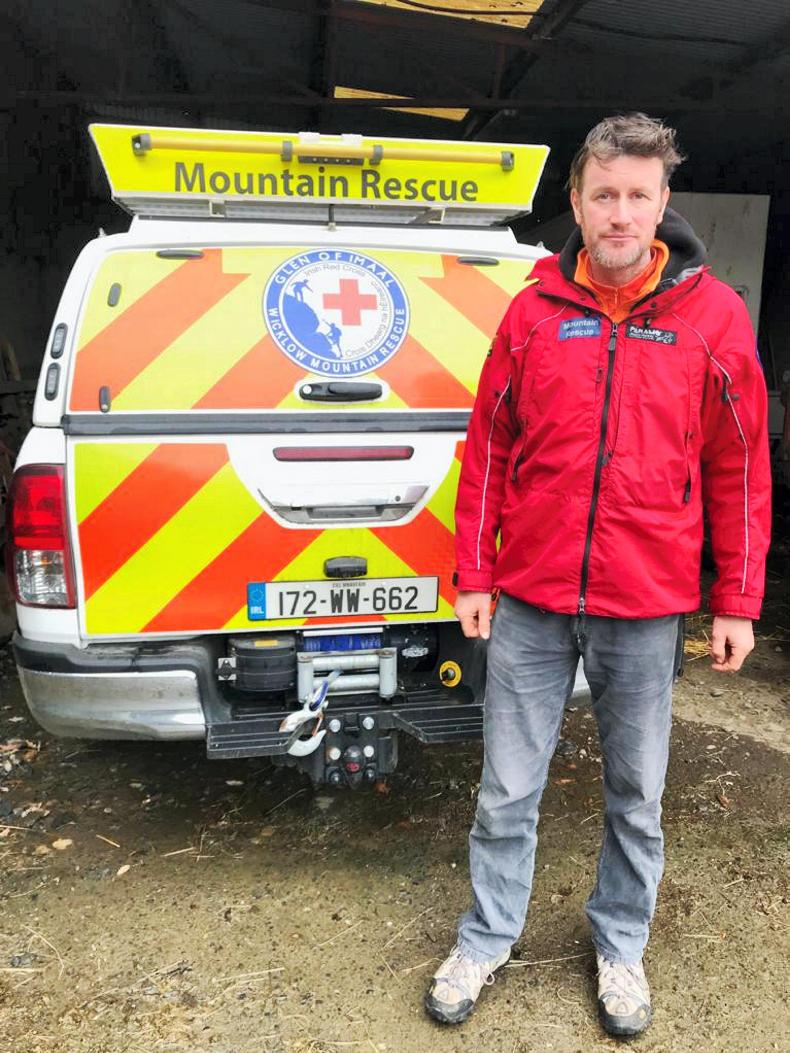
Clive Williamson of the Glen of Imaal mountain rescue team.
One recent Christmas meant rescuing a Japanese couple whose sat-nav took them up Glendalough.
“They got bogged in the snow, not having heard the radio weather warnings.”
St Stephen’s Day can be busy for GOIMRT: “Everyone is out if the day is fine and sometimes they don’t have the right gear, so they get caught out when they are walking the Spink loop (7km). The sun could be shining, but it could be like winter an hour later. More than half of our call-outs from that area are usually lower leg injury from falls or people getting lost or disorientated. They might have no food with them either so their blood sugar levels could drop.”
Smartphones are now helpful for finding people, via a GPS system, but Clive advises anyone going hill-walking to dress correctly, bring a battery pack for their phone and a torch with spare batteries.
Some people are apologetic for calling the team out, he says, but they don’t mind. It costs €60,000 to run the service for a year; €25,000 of that comes in grants but the rest has to be raised via donations or fundraisers.
Victor Quinlan, St Vincent de Paul
Victor Quinlan is a tillage and beef farmer from Co Tipperary and served for more than 43 years on many Avonmore/Glanbia committees.
Retired from that role in 2013, he kept an eye out for an organisation that he could offer his free time to.
He chose the St Vincent de Paul and has been volunteering with them in Clonmel ever since, spending one night a week and more helping out. But why choose St Vincent de Paul?
“I was used to seeing them,” he says. “I’m a fairly regular mass-goer and I’d have seen them doing their monthly collection.”
As well as the satisfaction of helping others and the camaraderie of working with a group, this voluntary work gives Victor a different insight from farming.
“Farmers probably wouldn’t be that familiar with the array of problems that many people in the town face.
“It gave me a new perspective on life and the challenges that those people are suffering.”
One of the very satisfying things of this work, for Victor, is seeing someone who was a recipient of St Vincent de Paul support contribute to a street collection at a later stage.
“It’s a really wonderful thing when someone drops in a few coins and says: ‘I was thrilled when you were there for me when I couldn’t afford anything at all.’ What we are doing at the end of the day is transferring other people’s generosity to the needy.”
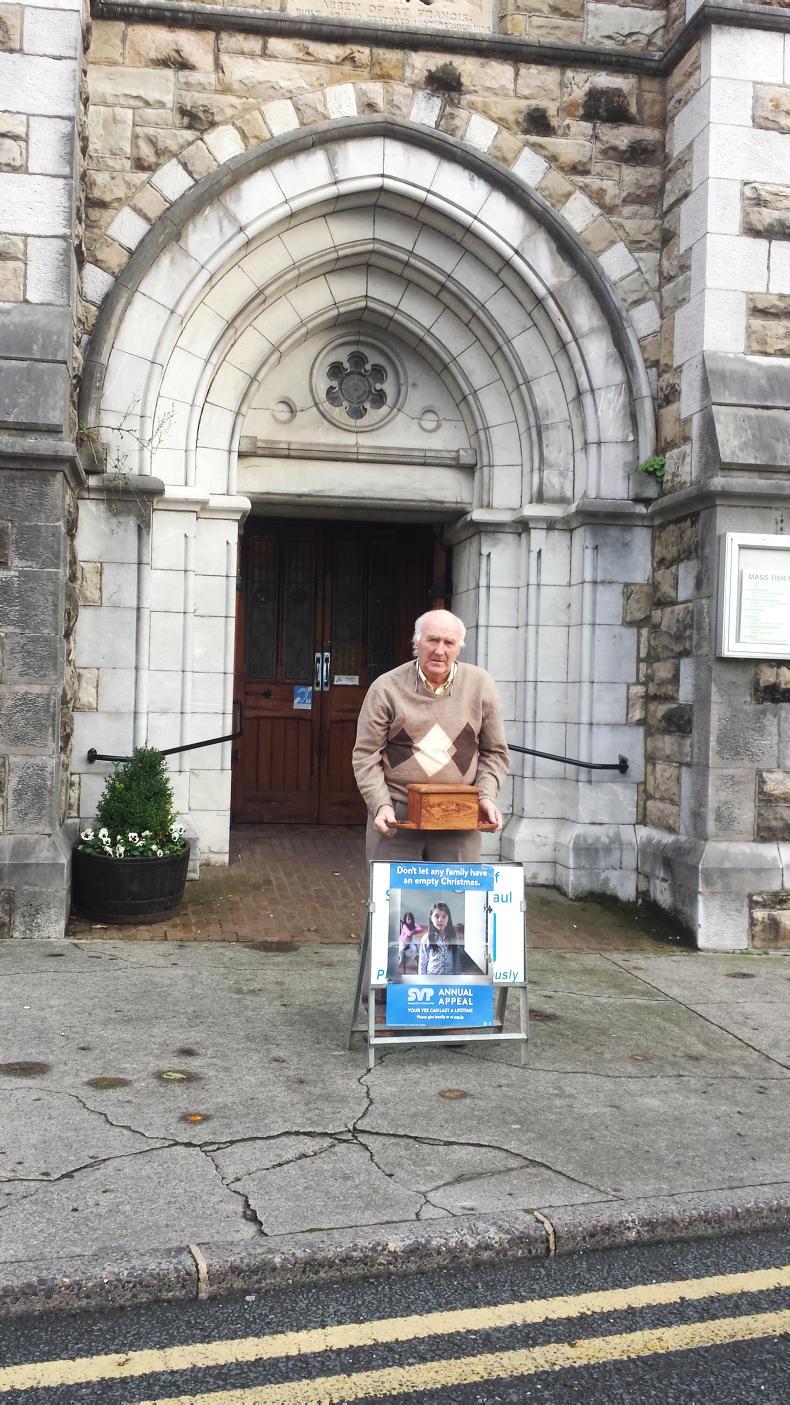
Victor Quinlan.
The other satisfying aspect of the work is feeling that you are helping people to feel less isolated, he says.
“We travel in pairs and while we would be helping out financially, people also just like a weekly chat. Lone parents with young children can feel particularly isolated.”
While three years ago St Vincent de Paul branches were much busier because of the recession, there are still lots of hardship cases.
“Sometimes people can fall between two stools, like when there is a family break up and a house falls into disrepair and the county council won’t do anything because the title on the house isn’t clear. We’d often have to send in a plumber in an emergency situation there, for example.”
St Vincent de Paul can only give out what it gets in.
“We are dependent on the very generous donations of the public. After our national collection, which is held over the second weekend in December, we start giving out hampers and food vouchers. We would only give out cash in an emergency situation, like a taxi to hospital.”
Every Christmas is different, he says.
“A lot of industries or businesses organise collections too – sometimes food, sometimes toys. With the toys we often end up as a backstop, inviting parents of children of an appropriate age to come along and select some.”
The State Christmas bonus being fully reinstated will help this year, but a lot of people still head into Christmas with meagre prospects.
“We try our damnedest to prevent people going to money lenders. They could charge 30%, which compounds quickly if you can’t meet your weekly repayments.”
Francis Burns, Lough Swilly RNLI
A farmer’s son from Buncrana, Co Donegal, Francis Burns’ main job is cattle foot trimmer, but as well as running Mill Farm Hoof Care he also finds time to be a volunteer with Lough Swilly RNLI.
Francis has been interested in the lifeboat service since childhood, as relatives on his mother’s side – George and Alan O’Hagan – were involved. He now serves on the crew along with them.
Lough Swilly has two boats: an all-weather one and a B-class inshore lifeboat. Francis is just about to complete his training as an inshore boat skipper. It was his interest in farm machinery that originally led to him being asked to join, as a tractor launcher and recoverer.
“We use a Ford County that’s converted for water use and I drive that.”
Francis has disappeared from special events many times because of duty. Even on his wedding day his pager went off when he had just begun his speech.
“I thought it was a joke first, but it wasn’t,” he says. “Luckily it wasn’t too serious a shout.”
Over Christmas the lifeboat crew will be ready to go if called: “There’s no such thing as being off for Christmas. It’s always a cherished time of year and while you’d be hoping there wouldn’t be a call out, you think of what others and their families may be going through if someone is in trouble.
“I leave my trousers on the floor, my left sock on the left trouser leg and right on right so that I’ll be ready to go. The jeep would always be facing the gate too, as time is of the essence.”

Francis Burns - Lough Swilly RNLI - on his wedding day with wife, Helen.
And he describes how it feels when the pager goes off: “You get such a jump, your heart just throbs, it’s game face on, into action and into the car, and you’re wondering is it a fishing boat or divers, or kite-surfers or swimmers that are in trouble.”
While there is some food stored on the lifeboat to keep energy levels up, Francis speaks highly of the Buncrana community that often turns up on the quay with flasks and sandwiches when a long search is on.
“That’s very humbling,” he says. “It shows appreciation that you’re out there searching and we’re glad of people taking that trouble for us.”
But what does he get out of volunteering?
“We have a tight team and I’ve gained some very good friends from being in the lifeboat,” he says. “For someone like me who is self-employed and a sole trader, it can be very lonely at times, but when you’re involved in the lifeboat,you look forward to the training times twice a week and getting out there.
“While we do have fun, we’ve also gone through some really challenging times in recent years that really tested us. Yes, there are days you wonder why you do it, especially at night. Sea sickness sets in and you’re thinking: ‘I have cow feet trimming lined up for the morning and I’m going to have to cancel that’, and you’ve got no mobile coverage. All those things come against you sometimes, but the way I see it, the highs are more frequent and last longer in your head.”
Clive Williamson, Glen of Imaal Mountain Rescue Team
Dairy and beef farmer Clive Williamson has been a volunteer with Glen of Imaal Mountain Rescue (GOIMRT) since 2006. From Knockbawn, Stratford-on-Slaney, Co Wicklow, this father-of-two is constantly on call for rescues in the Lugnaquilla/west Wicklow area. The team was called out 73 times in 2017.
Training in conjunction with the Irish Red Cross, this autonomous service’s slogan is saving lives in remote locations in County Wicklow.
Call-outs could involve anything from leg injuries in falls to missing persons, to bad weather rescues where cars are stuck in snow drifts. Clive, who is now a deputy team leader and equipment officer, says being part of the mountain rescue team is an outlet from the farm.
“I don’t like to let the farm bog me down and I like keeping active and helping people. The team was originally set up by farmers as local knowledge of landscape is very useful. We’re always looking for people with that.
“Bargaining skills that you use in farming come in handy when you’re pricing stuff, and with farming you’d be used to coping with crises or challenges of one type or another too, so when you’re running a call-out you just get on with it. You don’t panic as you’d be used to coping with all sorts of situations – weather, animals, blood… whatever it is.”
Clive also enjoys the social side of being part of a team: “You build up your skills – first aid and all – and you get to know people well, as you’re all like-minded. Volunteering is good for people.”

Clive Williamson of the Glen of Imaal mountain rescue team.
One recent Christmas meant rescuing a Japanese couple whose sat-nav took them up Glendalough.
“They got bogged in the snow, not having heard the radio weather warnings.”
St Stephen’s Day can be busy for GOIMRT: “Everyone is out if the day is fine and sometimes they don’t have the right gear, so they get caught out when they are walking the Spink loop (7km). The sun could be shining, but it could be like winter an hour later. More than half of our call-outs from that area are usually lower leg injury from falls or people getting lost or disorientated. They might have no food with them either so their blood sugar levels could drop.”
Smartphones are now helpful for finding people, via a GPS system, but Clive advises anyone going hill-walking to dress correctly, bring a battery pack for their phone and a torch with spare batteries.
Some people are apologetic for calling the team out, he says, but they don’t mind. It costs €60,000 to run the service for a year; €25,000 of that comes in grants but the rest has to be raised via donations or fundraisers.
Victor Quinlan, St Vincent de Paul
Victor Quinlan is a tillage and beef farmer from Co Tipperary and served for more than 43 years on many Avonmore/Glanbia committees.
Retired from that role in 2013, he kept an eye out for an organisation that he could offer his free time to.
He chose the St Vincent de Paul and has been volunteering with them in Clonmel ever since, spending one night a week and more helping out. But why choose St Vincent de Paul?
“I was used to seeing them,” he says. “I’m a fairly regular mass-goer and I’d have seen them doing their monthly collection.”
As well as the satisfaction of helping others and the camaraderie of working with a group, this voluntary work gives Victor a different insight from farming.
“Farmers probably wouldn’t be that familiar with the array of problems that many people in the town face.
“It gave me a new perspective on life and the challenges that those people are suffering.”
One of the very satisfying things of this work, for Victor, is seeing someone who was a recipient of St Vincent de Paul support contribute to a street collection at a later stage.
“It’s a really wonderful thing when someone drops in a few coins and says: ‘I was thrilled when you were there for me when I couldn’t afford anything at all.’ What we are doing at the end of the day is transferring other people’s generosity to the needy.”

Victor Quinlan.
The other satisfying aspect of the work is feeling that you are helping people to feel less isolated, he says.
“We travel in pairs and while we would be helping out financially, people also just like a weekly chat. Lone parents with young children can feel particularly isolated.”
While three years ago St Vincent de Paul branches were much busier because of the recession, there are still lots of hardship cases.
“Sometimes people can fall between two stools, like when there is a family break up and a house falls into disrepair and the county council won’t do anything because the title on the house isn’t clear. We’d often have to send in a plumber in an emergency situation there, for example.”
St Vincent de Paul can only give out what it gets in.
“We are dependent on the very generous donations of the public. After our national collection, which is held over the second weekend in December, we start giving out hampers and food vouchers. We would only give out cash in an emergency situation, like a taxi to hospital.”
Every Christmas is different, he says.
“A lot of industries or businesses organise collections too – sometimes food, sometimes toys. With the toys we often end up as a backstop, inviting parents of children of an appropriate age to come along and select some.”
The State Christmas bonus being fully reinstated will help this year, but a lot of people still head into Christmas with meagre prospects.
“We try our damnedest to prevent people going to money lenders. They could charge 30%, which compounds quickly if you can’t meet your weekly repayments.”






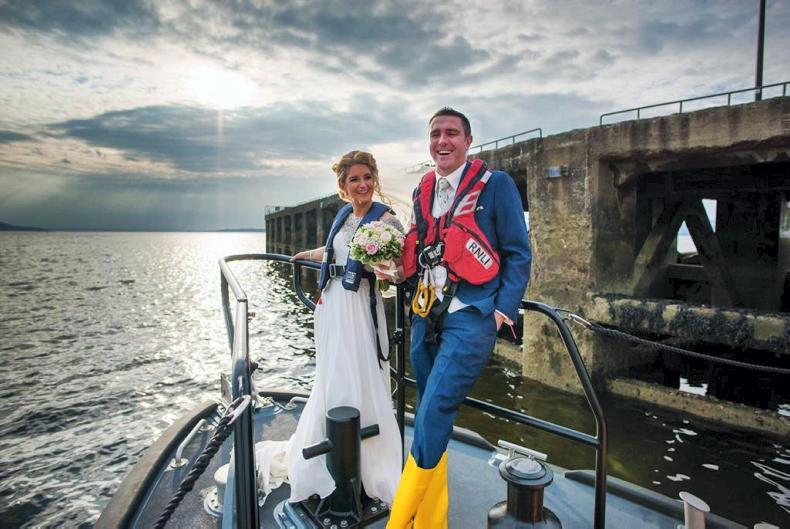



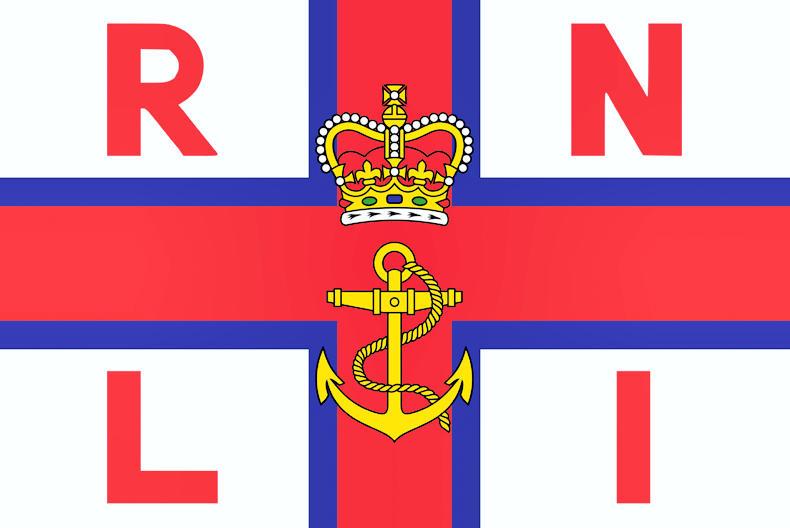
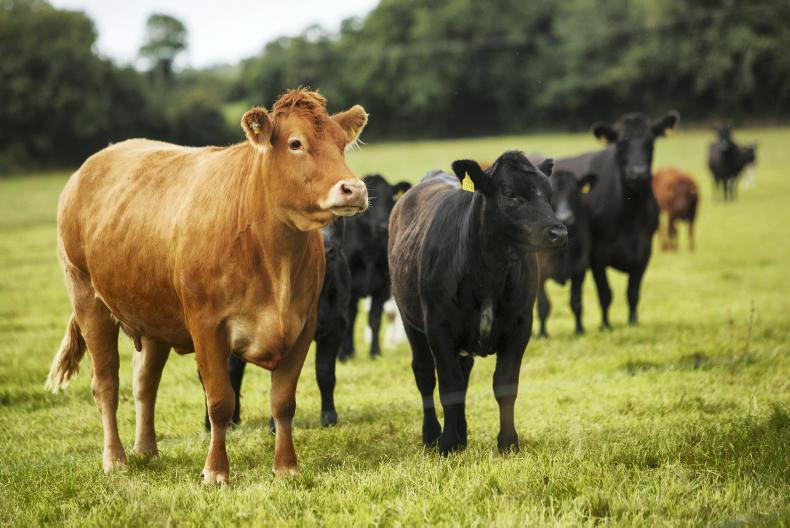
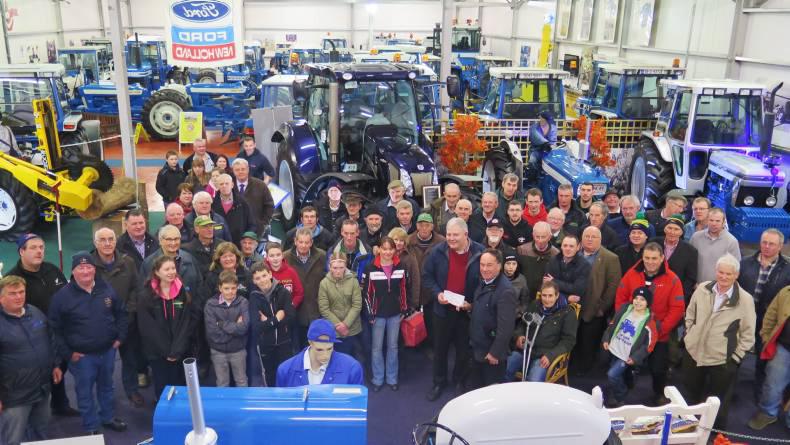
SHARING OPTIONS